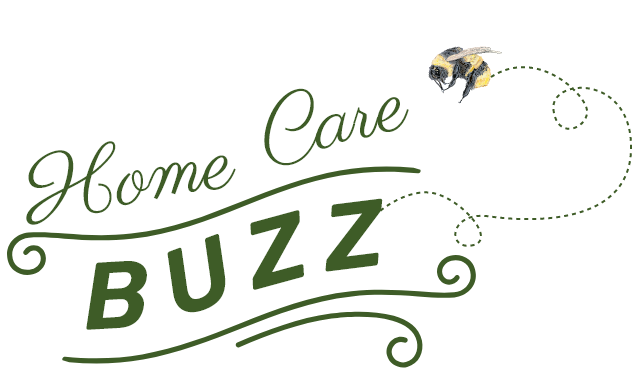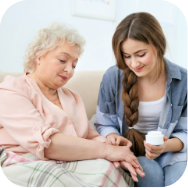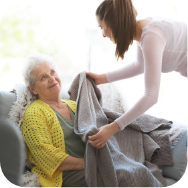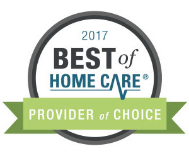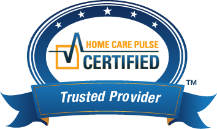Visiting Elderly Parents for the Holidays? Look for These Red Flags
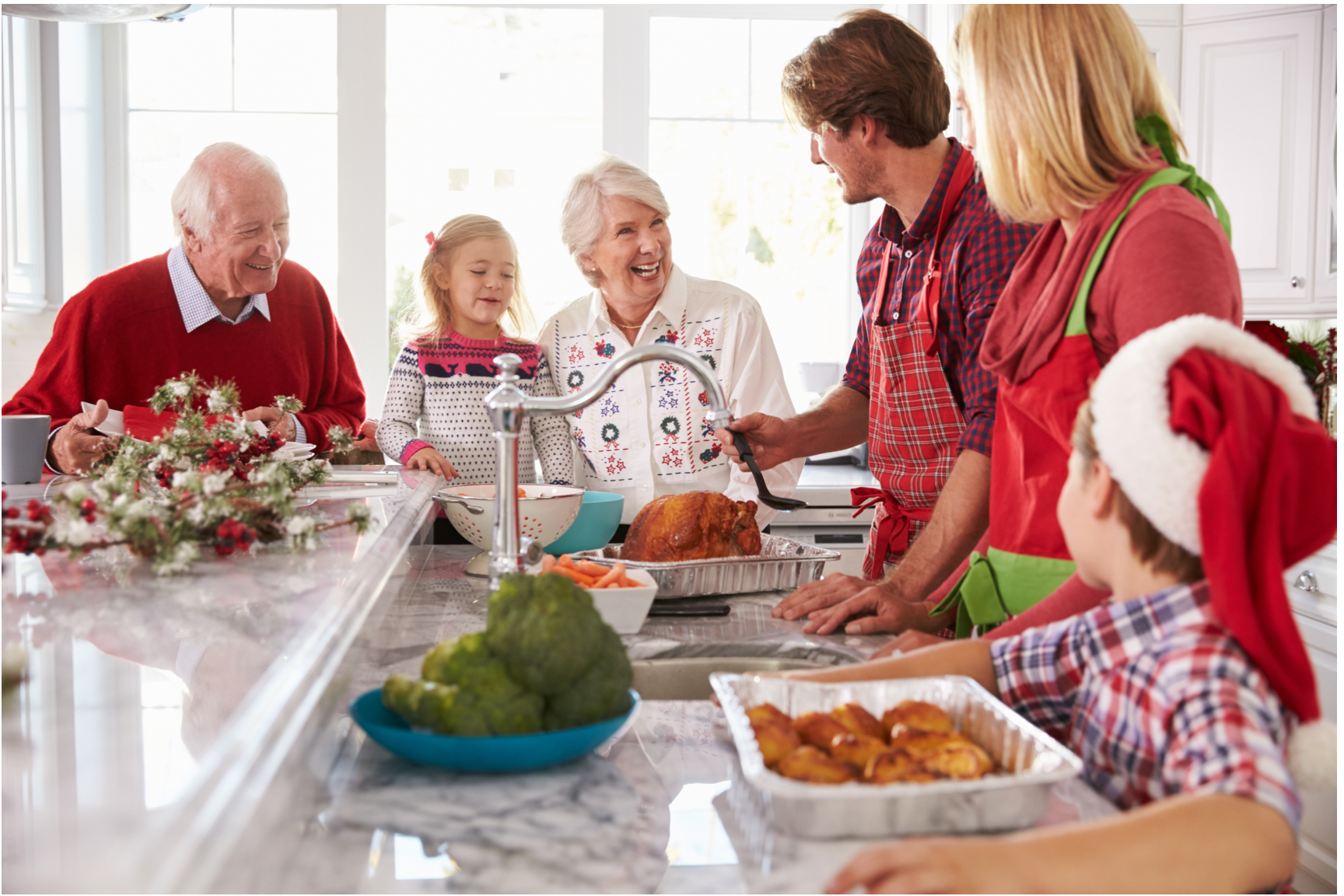
Caring for an aging parent from afar can make it difficult to notice changes in their health status and emotional well-being. Sometimes a parent may recognize that they need help and be able to ask for it, but oftentimes they may not want to cause worry or feel too embarrassed to ask for additional support. The holiday season is a good time for an in-person visit to spend quality time together doing things your loved one enjoys. However, it also presents the perfect time to observe their daily life and look for signs that they may need support at home. While each person is different, there are specific things you can look for during your next visit with your aging parent.
Signs Your Parent May Need Additional Help
It can be challenging to notice differences in your loved one if you don’t live close by or see your aging parent regularly. As they age, older adults may withdraw from social activities or experience cognitive decline, which can cause them to be inconsistent with their medication or stop taking care of themselves or their home. According to the National Institute on Aging, depression, which is common among older adults, can also cause behavioral changes in older adults, making it more difficult to complete basic daily tasks. Depressed older adults may cheer up for a phone call or short visit, which can make it more difficult to notice changes in their overall well-being. During your next visit, you may consider looking out for the following behaviors that often indicate a need for additional care:
Changes in the home environment
Make a point of visiting your loved one’s living environment and observing what you see. Is their home messier and more cluttered than usual? Scorched cookware and burns on the countertops may indicate that your loved one is having a difficult time preparing meals. Check the refrigerator for expired food, which can pose safety concerns and could signal that your loved one isn’t eating properly.
Weight loss or gain
The process of purchasing, preparing, and consuming food can become difficult for older adults, especially if they are experiencing cognitive decline or mobility issues. If you notice weight loss or weight gain the next time you see your loved one, it may be time to have a conversation about utilizing different services to help with meal preparation.
Medication mismanagement
During the holiday season or the next visit with your loved one, take time to observe how they are taking their medications. Are they forgetting completely? Do they struggle with organizing their medications? Do they take medications at the proper time each day? These observations could indicate a need for medication assistance. This could look like hiring outside help to administer medication or purchasing an automated pill dispenser that comes with verbal reminders and alarms.
Unpaid bills
Stacks of unpaid or overdue bills, bounced checks, late payment notices and expired registration on vehicles could be a sign your loved one is struggling to manage household and financial duties. This behavior could also be a sign that something else might be wrong, including cognitive decline and increased forgetfulness.
Changes in mood and behavior
If your loved one appears depressed and is withdrawing from their normally scheduled routine, it could be a sign that they need more support at home. Depression, anxiety and social isolation can have profound negative effects on older adults’ health and overall well-being.
Changes in physical function
It’s important to realize that as your parent ages, they may not be able to do what they once did in their younger years. However, if your loved one is slowing down considerably, it’s important to identify this and seek a medical consult. For example, if your loved one usually walks every morning or plays golf weekly and abruptly stops participating in these activities, it could be a sign that something is wrong.
Tips for Keeping Your Aging Parent Safe at Home
As you notice signs that your aging parent may need support at home, there are simple solutions to make sure they’re safe at home and getting the care they need. According to AARP, here are a few ways you can get started:
- Reduce fall hazards. Falls are a major health hazard for older adults, causing millions of injuries and 32,000 deaths a year, according to the Centers for Disease Control and Prevention. If your loved one presents a high risk of falling, making minor changes around the home can reduce this risk. You may consider hiring a company to conduct a home safety evaluation, install grab bars in highly frequented areas such as hallways and bathrooms, and remove any loose rugs or carpeting. Bathrooms present a high risk for falls because of slippery surfaces. You may consider using nonskid tape or mats in the shower and under the sink and toilet areas.
- Implement assistive devices. There are many tech tools designed specifically for seniors who need additional care in the home. Medical alert pendants can detect falls and contact emergency services automatically in the event of injury or illness. Personal assistive devices, such as the Alexa, can help manage and send reminders about appointments and even call programmed contacts when instructed.
- Hire in-home care. It could be time for additional in-person support for your loved one. Private-duty care companies provide caregiving services in the home. These caregivers often specialize in transportation, helping with doctor’s appointments, grocery shopping, meal preparation, and bathing or toileting needs.
"If you discover that your loved one requires some assistance while visiting them during the holidays, contact Caring Companions At Home at 888-950-0750 for a free in-home assessment by one of our qualified Case Managers. We will assist you in finding the perfect caregiver for your loved one."



